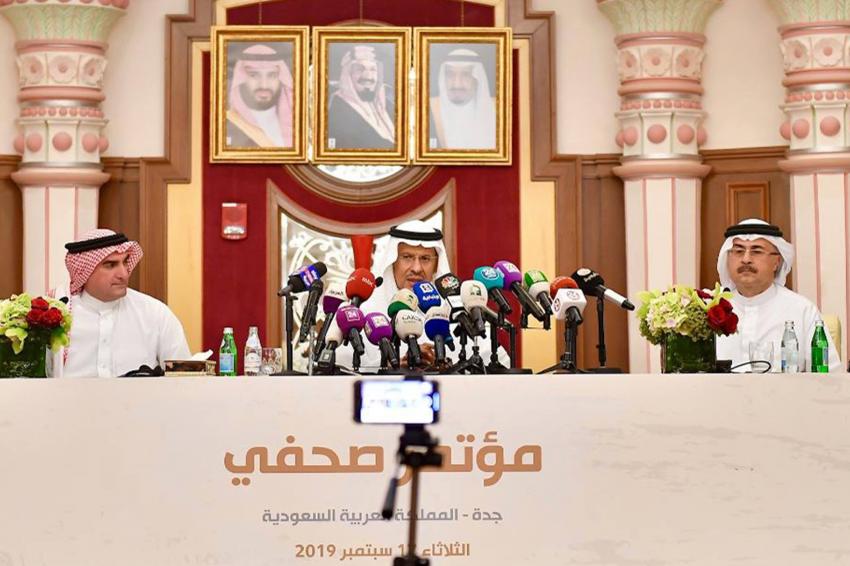Aramco Restoring Output after Drone Strikes
20.09.2019 -
Saudi Aramco’s president and CEO Amin Nasser said the company’s production at Abqaiq and Khurais, Saudi Arabia, which was suspended following terror attacks on Sep. 14, would be fully restored by the end of September.
Aramco said production at Khurais resumed 24 hours after the attack while output at Abqaiq, the world’s largest oil processing facility, would be restored to prior rates by the end of the month.
“Not a single shipment to an international customer has been or will be missed or canceled as a result of these attacks,” Nasser said. “We have proven that we are operationally resilient and have confirmed our reputation as the world’s leading supplier.”
The drone attacks have, however, disrupted local feedstock supplies. Tasnee said feedstock supplies to its petrochemical affiliates in Jubail had been cut by an average of roughly 41% since the day of the attacks. Petro Rabigh, a joint venture between Aramco and Sumitomo Chemical, also confirmed on Sep. 18 that its supplies of ethane feedstock were down 20%.
Other companies, such as Sabic affiliates Saudi Kayan and Yansab, have also had their feedstock supplies cut although they have reportedly seen volumes start to improve, as has Sadara (the Aramco/Dow joint venture), Advanced Petrochemical and Sipchem.
The producers added that they are continuing to evaluate final effects on production in order to determine the impact financially.
In separate news, Aramco has completed the $631 million acquisition of Shell’s 50% stake in their Sasref oil refinery joint venture in Jubail Industrial City. Aramco said the acquisition supports its plan to increase the complexity and capacity of its refineries as part of its long-term growth strategy.
For Shell, the sale is part of an ongoing effort to integrate its refining portfolio with Shell Trading hubs and chemicals operations.





